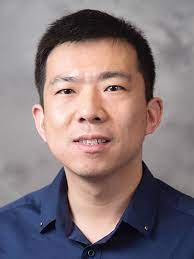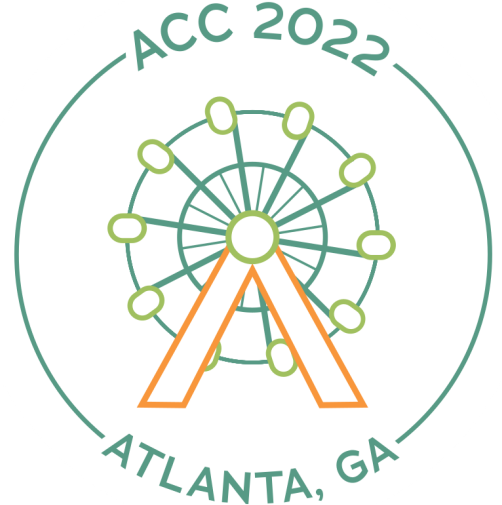
“Robot’s Learning from Human’s Incrementally Directional Corrections” by Shaoshuai Mou
Abstract: We will present a method for a robot to learn a control objective function incrementally from human user’s corrections. The human’s corrections can be as simple as directional corrections — corrections that indicate the direction of a control change without indicating its magnitude — applied at some time instances during the robot’s motion. We only assume that each of the human’s corrections, regardless of its magnitude, points in a direction that improves the robot’s current motion relative to an implicit objective function. The proposed method uses the direction of a correction to update the estimate of the objective function based on a cutting plane technique. We establish the theoretical results to show that this process of incremental correction and update guarantees convergence of the learned objective function to the implicit one.

Bio: Dr. Shaoshuai Mou is an Associate Professor in the School of Aeronautics and Astronautics at Purdue University. Before joining Purdue, he received a Ph.D. in Electrical Engineering at Yale University in 2014 and worked as a postdoc researcher at MIT for a year after that. His research interests include multi-agent autonomy and learning, distributed algorithms for control and optimization, human-machine teaming, resilience & cybersecurity, and also experimental research involving autonomous air and ground vehicles. Dr. Mou codirect Purdue’s new Center for Innovation in Control, Optimization and Networks (ICON), which aims to integrate classical theories in control/optimization/networks with recent advance in machine learning/AI/data science to address fundamental challenges in autonomous and connected systems. For more information, please refer to https://engineering.purdue.edu/ICON.
